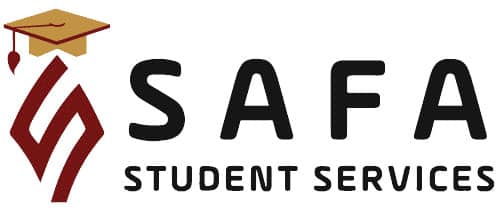Air Traffic Control
Specialty
Aviation
Degree
Bachelor's
Master
PhD
Language
Turki
Duration
Start Form
8000$
جدول المحتويات
Studying Air Traffic Control in Turkey is one of the emerging and crucial disciplines that focus on organizing and planning air navigation, significantly contributing to the safety and efficiency of aircraft movement. This field of study is offered at prestigious Turkish universities, and Turkey, with its strategic location between continents and advanced infrastructure, is considered a leading country in this area. This article aims to explore various aspects of studying this major in Turkey, from the curriculum to the available career opportunities and future prospects.
What is Air Traffic Control?
Air Traffic Control (ATC) is a vital and central field in the aviation industry, focusing on organizing and managing aircraft movements to ensure their safety and efficiency. Air traffic controllers coordinate the movements of aircraft in the air and at airports, using advanced technologies and systems to direct planes and prevent collisions. This field requires precise skills in various systems and the ability to handle different information quickly and effectively.
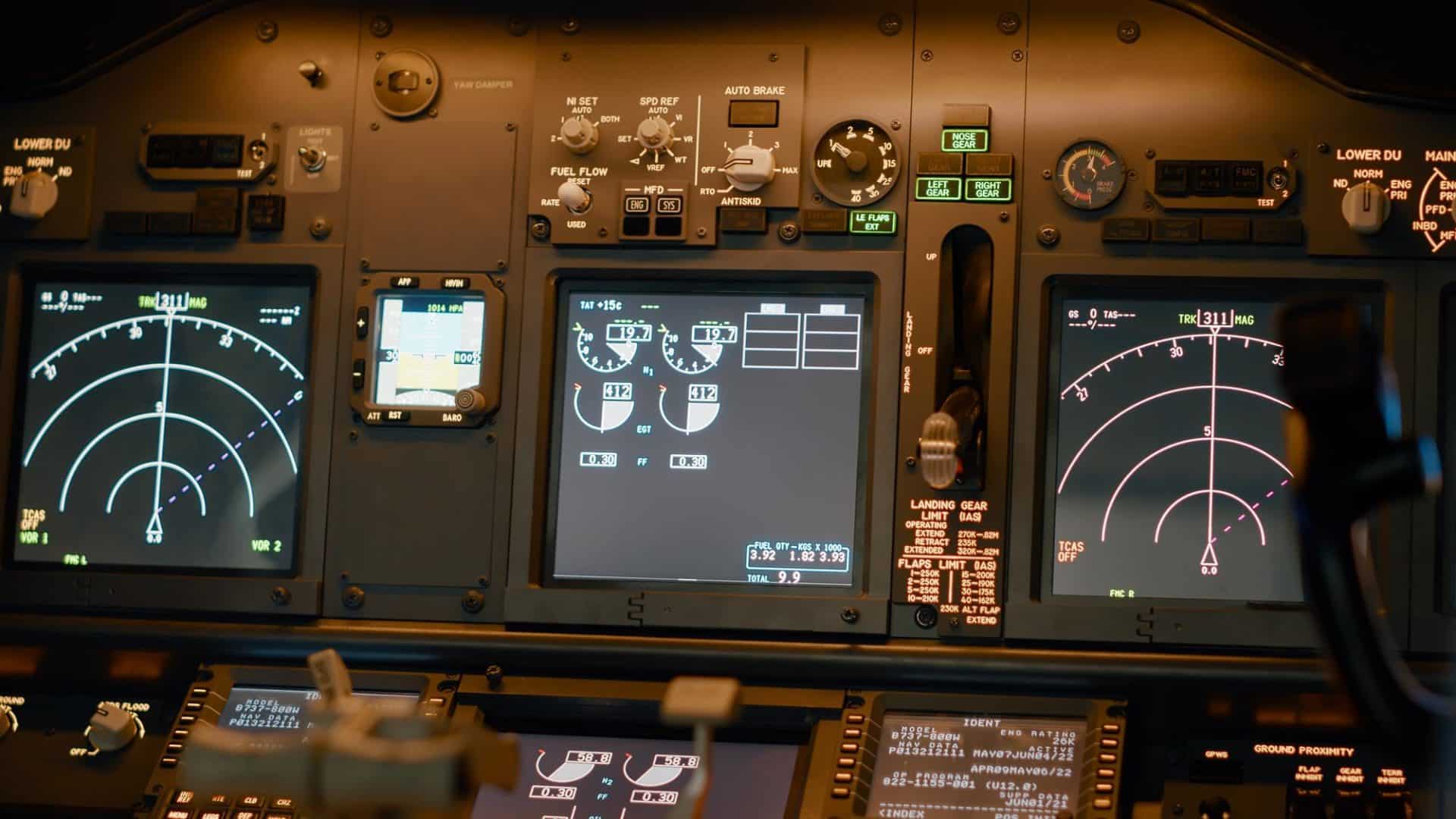
For students, studying ATC offers exceptional educational opportunities that pave the way for a promising career. Students gain in-depth knowledge of aviation fundamentals and air traffic management, along with learning how to use modern technology to ensure flight safety. The program also develops crucial skills in decision-making under pressure and effective communication with various stakeholders.
Studying Air Traffic Control in Turkey
Studying Air Traffic Control in Turkey is one of the advanced academic fields that allow students to specialize in managing air traffic and ensuring flight safety. In this field, students are trained in the essential skills required to monitor and organize aircraft movements in the air and at airports, which demands a high level of precision and concentration.
One of the standout features of studying ATC in Turkey is the high quality of education and training provided to students. The academic programs in this field focus on providing students with a strong foundation in applied sciences and engineering, along with intensive practical training that includes advanced flight simulators. This approach helps students gain practical, real-world experience in an environment similar to what they will encounter after graduation.
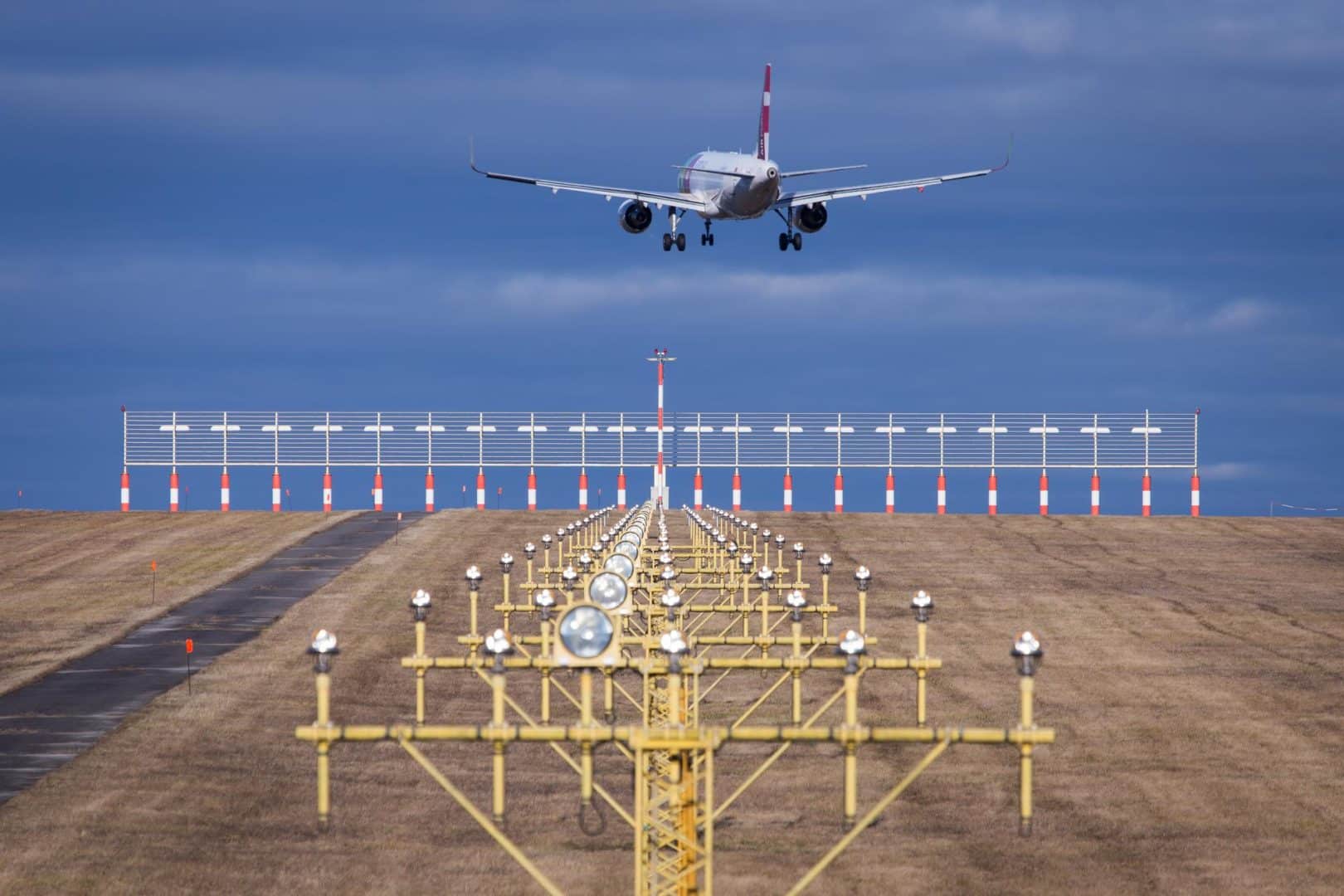
Curriculum and Training in Air Traffic Control
In the field of Air Traffic Control, students learn a range of skills and knowledge essential for ensuring the safety and efficiency of air traffic. Typically, the study involves practical training and simulations of various scenarios to provide students with hands-on experience that enhances their skills and prepares them for real-world challenges. Some of the key topics covered include:
- Air Navigation Systems: This includes studying radar systems, satellite navigation, and communication systems between aircraft and air traffic controllers.
- Air Traffic Control Procedures: Students learn how to coordinate aircraft movements on the ground and in the air, including directing take-offs and landings.
- Laws and Regulations: Understanding international and local laws related to air navigation, such as aviation rules, safety standards, and emergency procedures.
- Aviation Maps and Data: Students are trained to read and interpret aviation maps, weather data, and information related to air routes and restricted areas.
- Technology and Tools: Using air traffic control tools and technologies, including radar devices, communication systems, and specialized navigation software.
- Emergency Management: Handling emergencies like severe weather conditions, technical failures, and unexpected situations that may affect air traffic.
- Communication and Language: Learning how to effectively communicate with pilots and other air traffic controllers, including using technical terms and international aviation language.
- Analysis and Decision-Making: Developing skills in quick and accurate decision-making to ensure flight safety.
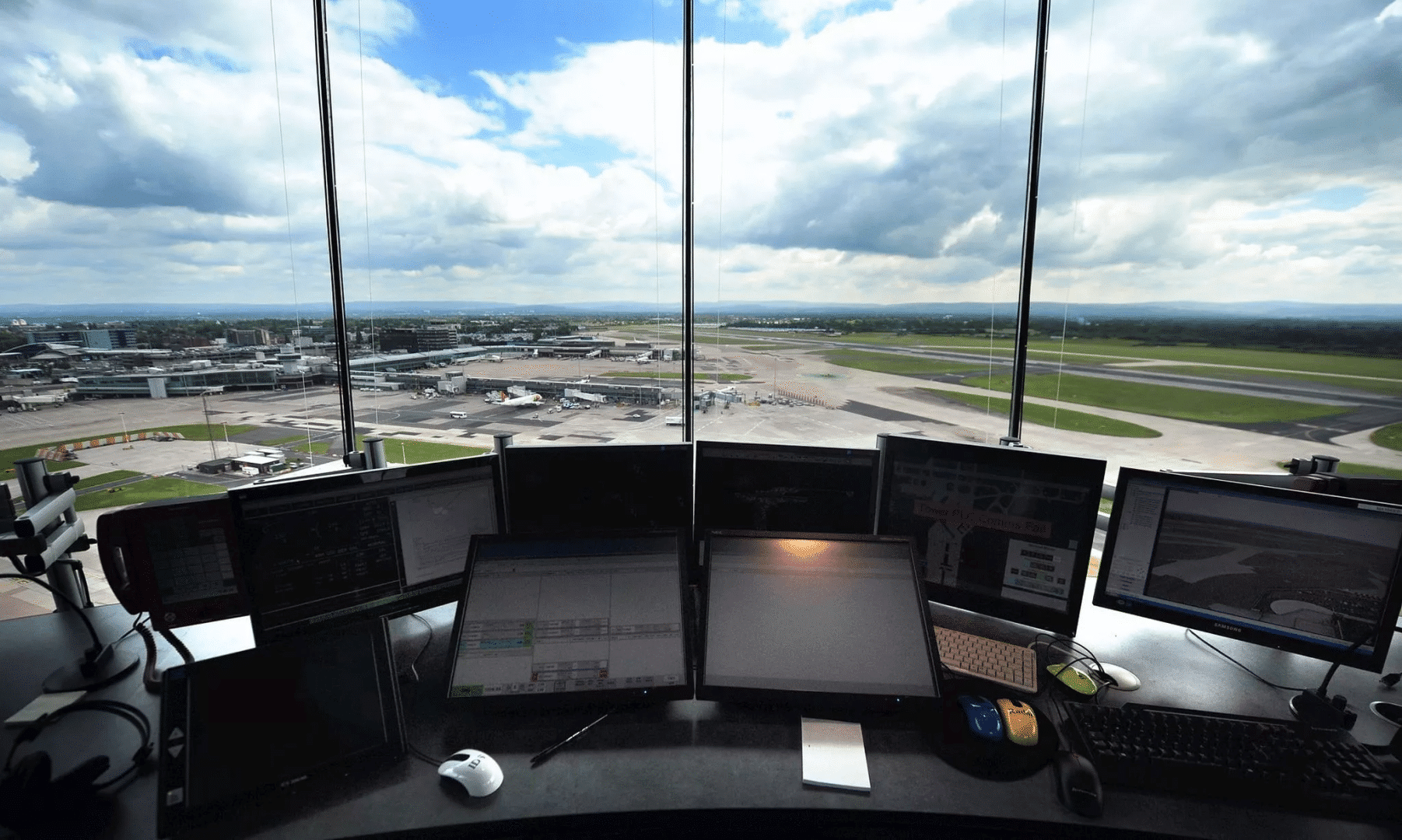
Duration of Air Traffic Control Studies in Turkey
The duration of studying this major in Turkish universities is typically four years. However, this can vary depending on the university’s level, but it usually does not exceed four academic years. An exception is made if the student is not proficient in Turkish or English, in which case the university may require a preparatory language year, extending the study period to five years.
You can register with us now at Safa Company, which will accept your university admission easily
Safa Company is your first educational companion🎓 for communicating on WhatsApp🎓
Top Turkish Universities for Air Traffic Control Studies
Several Turkish universities offer this major to accommodate many students interested in studying this field, which produces graduates who professionally practice aviation sciences and air traffic control. Some of the top private Turkish universities in this field include:
Air Traffic Control Studies at Nisantasi University
Nişantaşı University is one of the prominent private Turkish universities that offer various aviation-related disciplines, including Air Traffic Control. The university is known for its high-quality education and training, being one of the esteemed institutions in Turkey, and also enjoys some unique advantages.
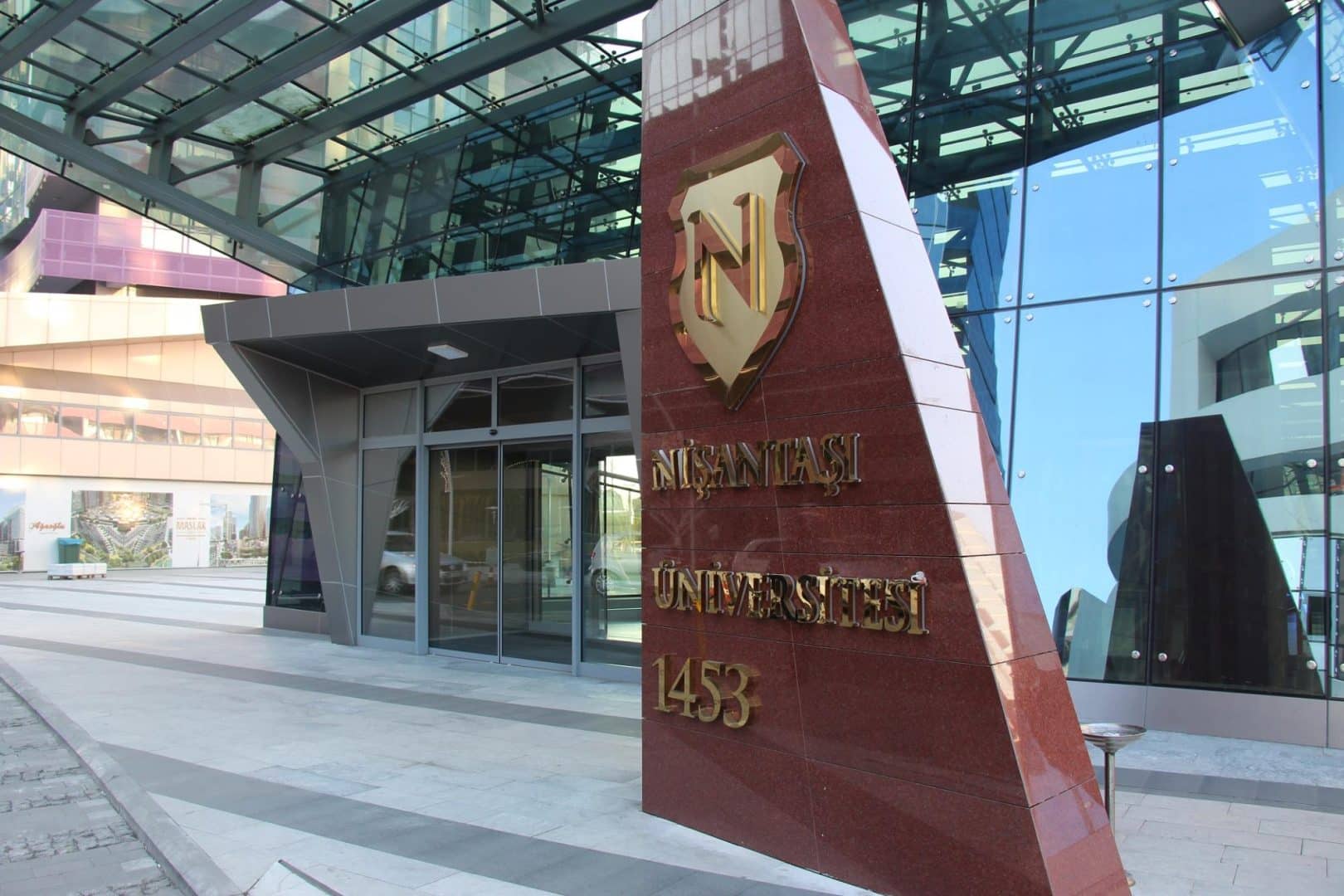
Advantages of Nisantasi University
- Located in the heart of Istanbul, one of Turkey’s fastest growing and developing universities with the first technological campus.
- The university provides contemporary theoretical and practical curricula that comply with global academic quality standards.
- A wide range of academic programs is available within the university’s faculties, designed to meet the needs of the job market.
- Practical training opportunities at Nisantasi University through laboratories, research centers, and professional training during studies.
- Opportunities for medical and health students to train in government hospitals.
- The university is a member of the Erasmus Student Exchange Organization, offering students international practical training opportunities.
- Hosting various events and conferences with experts and specialists from around the world.
- The campus is home to about 9,000 international students, fostering cultural exchange and international relations.
- The university has over 72 student clubs offering a variety of student activities.
- Nisantasi University is the only member of the European Advertising Education Association, making it one of the most competent universities in communication education through the courses and educational content it offers in this specialty.
Costs of Studying Air Traffic Control in Turkish Universities
The cost of studying Air Traffic Control in Turkey is relatively low and affordable compared to other universities in European countries. Tuition fees vary depending on the university and the study program. For instance, annual tuition fees at private Turkish universities offering this program range between $3,500 and $8,000. This reflects the availability of this major in many universities with varying costs depending on the educational level of each university, as well as the language of instruction.
Additionally, there are other factors that influence the total cost of studying, so students should consider living costs, accommodation, and other personal expenses during their study period. These expenses also vary depending on geographic location, living standards, and the availability of transportation and varying prices of goods and services.
Opportunities
The field of Air Traffic Control offers numerous exciting career opportunities, requiring high skills in organization and attention to detail. Some of the most important career opportunities in this field include:
- Air Traffic Controller: Monitors and directs aircraft to ensure their safety and avoid collisions, handling air and airport traffic.
- Area Controller: Manages aircraft movements in specific geographic areas above the skies, coordinating with controllers in neighboring areas.
- Tower Controller: Handles aircraft movements during take-offs and landings at airports, managing planes on the runway and in the airport area.
- Approach and Departure Controller: Specializes in monitoring aircraft during their approach to or departure from airports, guiding planes during these phases.
- Air Operations Controller: Manages and coordinates air operations using advanced technological systems and monitors overall performance to ensure flight safety.
- Technical Air Traffic Controller: Focuses on using and maintaining technological systems for air traffic control.
- Air Traffic Control Department Manager: Oversees and supervises air traffic control teams, coordinating between different departments and managing daily operations.
- Aviation Safety Consultant: Works on improving safety standards, assessing risks, and contributing to the development of aviation safety policies and procedures.
- Air Traffic Control Trainer: Provides training and education to new air traffic controllers, preparing them to work efficiently in different work environments.
Specialty Price for Air Traffic Control in Turkish Universities
| # | List of universities | Turkish | English | Enroll |
|---|---|---|---|---|
|
1 |
Nisantasi University |
8000$ |
- |
Related Programs
Follow the latest programs
No related posts found.

